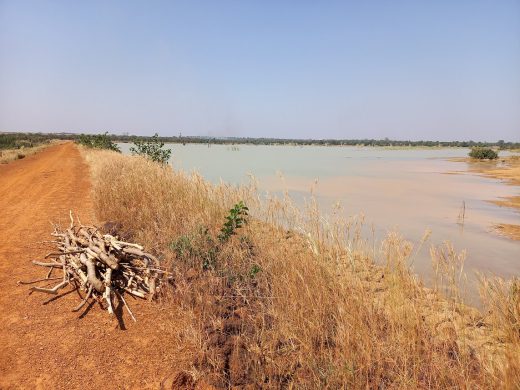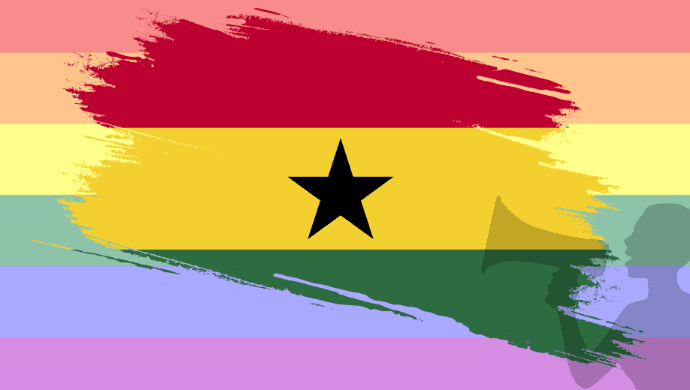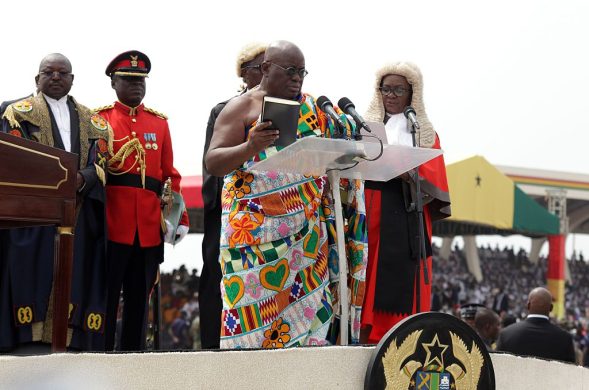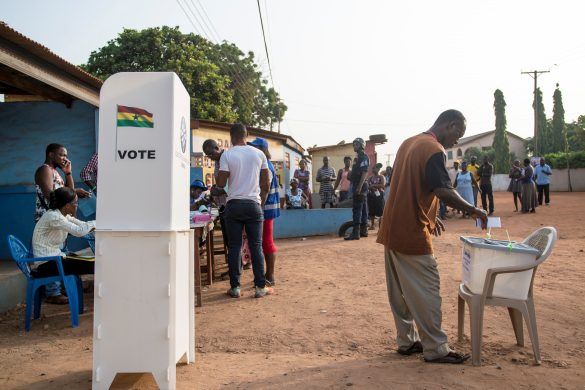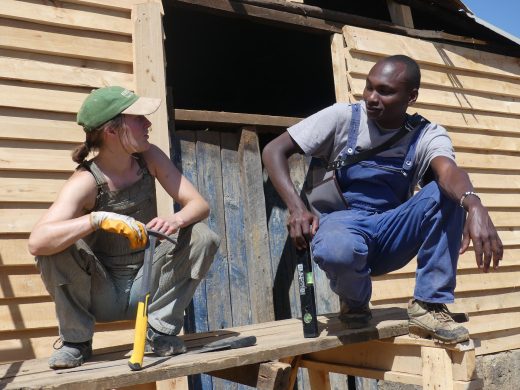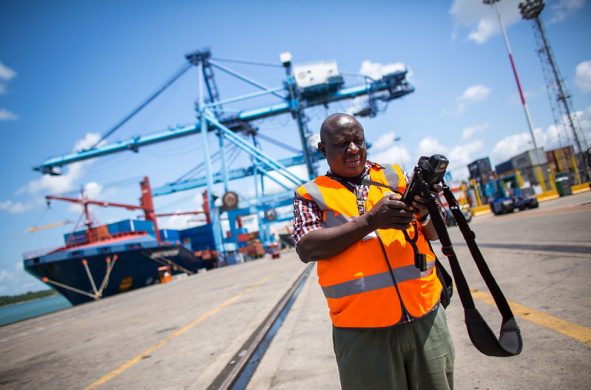Ghanas Electoral Commission has initiated a two-week voter listing exercise in 21.000 registration centres nationwide to prepare a new voters register and supply all voters with a picture identity card ahead of December presidential and parliamentary elections.
– We want to eliminate the possibilities of fraud and build confidence in our electoral systems. That is why we are insisting on a register and voters identity card complete with the holders picture, a Director at the Electoral Commission, Henry Okyne told IRIN.
The new register will replace previous registers and for the first time in Ghanas history, each registered voter will be issued with a picture voter identity cards.
– This will eliminate problems we have faced in the past such as multiple registrations by one individual and the registration by minors, Okyne added.
– The entire exercise will cost 10 million US dollar, which will be fully funded by the Government of Ghana, a Deputy Chairman of the Electoral Commission, David Kanga, told IRIN.
According to some Ghanaian statisticians, the current voters register, compiled in 1995 for the 2000 General elections, is bloated. That list had 10 million registered voters and was based on a 1984 census, which had calculated the entire population of the country at little over 12 million people.
– Only seven million people voted in the 2000 elections. So what happened to the remaining extra three million people who were registered? Okyne queried.
In 2000, the Ghana Statistical Service conducted a population and housing census, which currently places the countrys population at almost 19 million, registering a growth rate of 2,6 per cent. Only Ghanaians over the age of 18 can vote.
While there is a consensus among Ghanaians that a photographed voters register and identity card will result in a truly representative register, a lot of questions have been raised about the inability of the Electoral Commission to find enough digital cameras to conduct the exercise in one go.
Apart from the Upper East and West Regions, where data-capturing and picture taking will be conducted simultaneously, the rest of Ghana will conduct the registration exercise in two phases.
The first phase involves capturing data from the electorate, which will later be called back to take pictures and be issued with their picture voters card.
– The situation in which the lack of an adequate number of cameras will allow for the registration and picture taking to be done at different times is ominous. It is a sure recipe for double registration, Presidential candidate for the main opposition National Democratic Congress (NDC), Professor John Atta Mills, said in Accra.
The Electoral Commission currently has 2.063 digital cameras. Following concerns that this may be insufficient an order for 500 cameras was placed, though these have yet to arrive in Ghana. An application has also been made to borrow cameras from Sierra Leone which is conducting a similar exercise.
– Sierra Leone will hopefully complete its exercise in three weeks. Hopefully, those cameras will be sent to us to complete our exercise. Otherwise we will make do with what we have, Okyne told IRIN.
The Electoral Commission also dispelled misgivings expressed by some opposition parties on the possibilities of people crossing in from neighbouring countries to register, especially across the eastern border with Togo, where both communities speak the Ewe language.
– The laws of this country are clear. You have to be a resident in your polling center for six months as a Ghanaian to register, Okyne said.
– The registering officers, political party representatives or anybody can question the nationality of any stranger or seek redress from the Commission by filling a challenge form, he added.
The new register, when completed, will be used for all public elections and referendums until a new census is conducted at a later date, yet to be confirmed.
Kilde: FN-bureauet IRINnews



